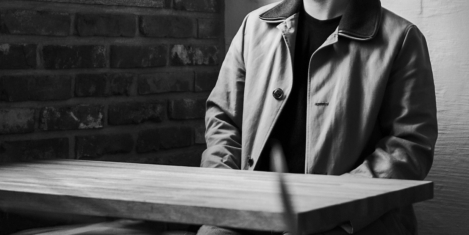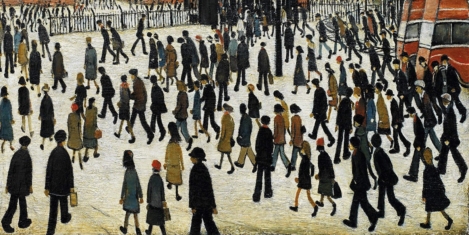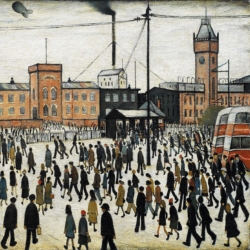March 19, 2025
Five years on and firms are also suffering from the effects of long Covid
 Many employers are still struggling with the long-term effects of the Covid-19 pandemic, five years after the first UK lockdown began, according to the CIPD. While the pandemic led to significant changes in working practices and an increased focus on employee wellbeing, challenges around productivity and economic inactivity persist. The pandemic brought widespread upheaval, with many people experiencing job losses, business closures, and the loss of loved ones. However, the CIPD argues that it also prompted positive changes in the workplace, including greater flexibility in working arrangements and increased adoption of technology to support collaboration. Despite these developments, many businesses continue to face difficulties, particularly as the cost-of-living crisis and economic uncertainty exacerbate the challenges of workforce engagement and productivity. (more…)
Many employers are still struggling with the long-term effects of the Covid-19 pandemic, five years after the first UK lockdown began, according to the CIPD. While the pandemic led to significant changes in working practices and an increased focus on employee wellbeing, challenges around productivity and economic inactivity persist. The pandemic brought widespread upheaval, with many people experiencing job losses, business closures, and the loss of loved ones. However, the CIPD argues that it also prompted positive changes in the workplace, including greater flexibility in working arrangements and increased adoption of technology to support collaboration. Despite these developments, many businesses continue to face difficulties, particularly as the cost-of-living crisis and economic uncertainty exacerbate the challenges of workforce engagement and productivity. (more…)


































July 17, 2024
Want a creative workplace? Make life difficult and chaotic for yourself
by Mark Eltringham • Comment, Workplace